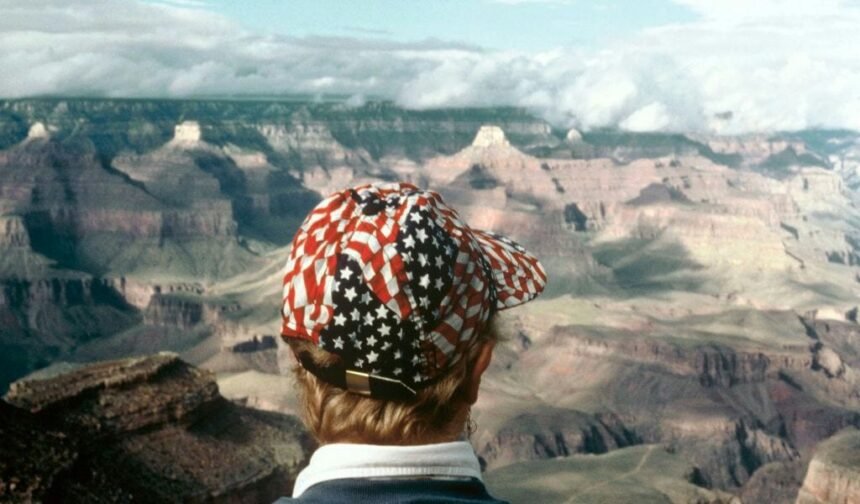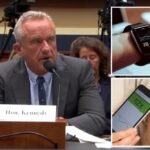In January 2016, about 10 months before he would be elected to his first presidential term, I went to see Donald Trump speak at a firearms trade show in Las Vegas. I was with several of my hunting buddies, and we were all thunderstruck—happily so—to hear Trump tell the crowd that he wouldn’t sell off our public lands. I get goosebumps just thinking about the wonder of living in a nation where anyone, rich or poor, has access to such a beautiful diversity of landscapes and a stunningly rich array of natural resources. To get my support, a politician needs to support public lands.
We have 640 million acres of federally managed public land in the U.S. Sixty-eight percent of that land is administered by the Bureau of Land Management (BLM)and the U.S. Department of Agriculture’s Forest Service, mostly in the West. These lands are used for an enormous variety of purposes: timber harvesting, mineral and fossil-fuel extraction, livestock grazing, hunting, fishing, hiking, off-road driving, filmmaking, and even the Burning Man festival, which is held on public land in Nevada.
My surprise about Trump’s vocal commitment to protect these lands from sale was twofold. First, I was surprised that a commercial real estate developer who lived in a Manhattan skyscraper would have any awareness of public lands issues, which tend to be more of a Western concern. Second, and more surprising, was that an up-and-coming Republican candidate would risk alienating the faction of his party that is openly hostile to the idea of the government owning large tracts of undeveloped land.
There’s reason to believe that Trump was earnest. No major sales of public land occurred during his first term, despite multiple efforts in Congress aimed at selling off large tracts of federal property. Now, in the early stage of Trump’s second term, advocates like me are anxious to see whether he is still committed to protecting public lands. On Monday, the Trump administration moved to rescind the 2001 Roadless Rule, which has restricted road construction and timber harvest on almost 59 million acres of U.S. forests. Brooke Rollins, the secretary of agriculture, said that the rule was “an absurd obstacle to common-sense management of our natural resources.” With the rule gone, companies will be able to cut roads through federally managed forests, primarily to cut timber.
I oppose the administration’s move, because the Roadless Rule has successfully helped protect our last vestiges of wilderness. But logging and sell-offs are not the same thing. National forest lands harvested by loggers will eventually grow new trees, which in turn will produce a diversity of wildlife habitats. And, most importantly, such lands remain in public trust for use by future generations. Lands that are sold off will get developed or industrialized—and will no longer be accessible to the American public. In other words, logging is a valid debate. Sell-offs are existentially wrong.











